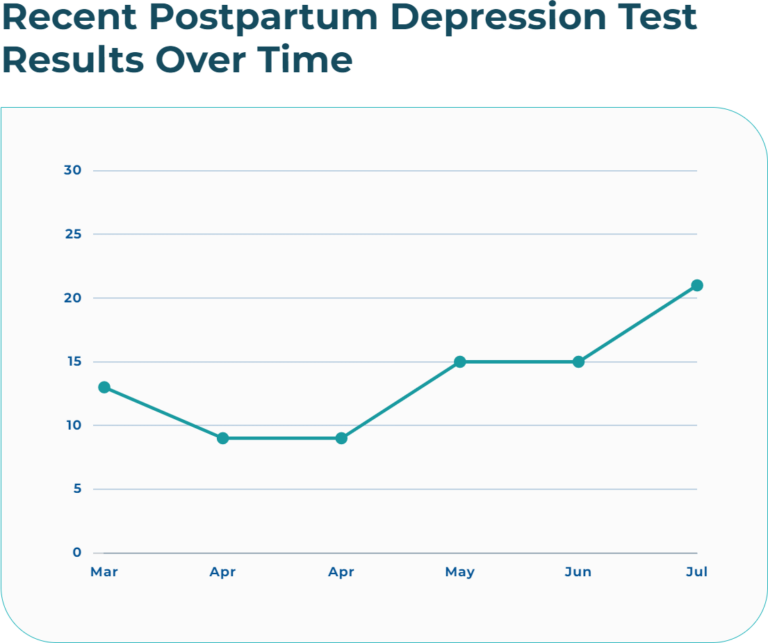Mental Health Screening Tools
Home » Mental Health Screening Tools
Valuable Resources
Let's Get Started
Online screening is one of the quickest and easiest ways to determine whether you are experiencing symptoms of a mental health condition. Please note that these screenings are not a substitute for a professional diagnosis. Reliable and valid diagnostics require assessment by qualified and licensed mental health providers.
Take a Mental Health Test
Mental health conditions, such as depression or anxiety, are real, common and treatable. And recovery is possible.
How does it work?
After completing your mental health test with EnnHealth, you may receive valuable information, resources, and tools to help you better understand and improve your mental well-being.
Please keep in mind that online screening tools provide a quick snapshot of your mental health. If your results suggest you may be experiencing symptoms of a mental health condition, we encourage you to share your results with a healthcare professional. A mental health provider, such as a doctor or therapist, can offer a comprehensive assessment and discuss treatment options to support your journey toward feeling better.
Please note that EnnHealth website is an informational and educational resource and not a crisis support line. If you require immediate assistance, contact the Suicide & Crisis Lifeline by calling or texting 988, or use the chat feature at 988lifeline.org/chat. You can also text “HELLO” to 741-741 to connect with the Crisis Text Line. For non-crisis support, warmlines are also available.
For non-emergency questions related to your screening, feel free to reach out to EnnHealth for further assistance.




